detail profile farid shawqy
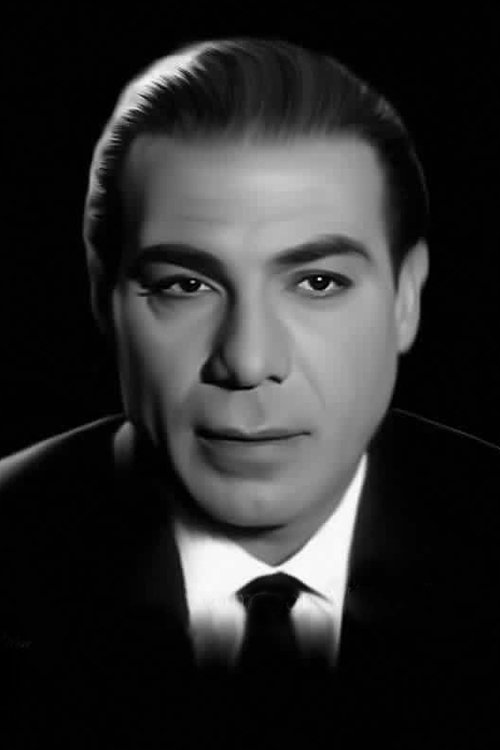
Farid Shawqy
Farid Shawky
atau dikenal sebagai
Riwayat Hidup
Farid Muhammad Shawqi Abdo was born in Sheikha al-Bagghala in Sayyida Zainab district .
.
He obtained a diploma of the Institute of Applied Engineering and a diploma in the Institute of Acting and worked in small roles with the artist (Anwar Wagdy), then he began writing cinematic stories for his films and achieved stardom and became known as the King of the Tarso, the monster of the screen, the King .
He wrote many film stories, and worked on stage in many of Rihani's plays, such as (Al-Daloua, The Story of Every Day), and he worked in Lebanese, Syrian and Turkish films, including (The Devil of the Bosphorus, Othman Al-Jabbar).
And among the series he worked with, (Curmudgeon and Me, the only witness, Saber, Uncle Saber).
He married artist Hoda Sultan and they separated in 1969, then he married Suheir Turk later on.
He founded the Union of Artists in 1986.
He won the State Prize for the story (They Made Me a Criminals) in 1955 and the Production Prize at the Berlin Festival in 1956 for the film (The Fatwa).
He won the State Prize for Production in 1962, the Medal of Flag in 1964, and was honored by the Cairo Festival in 1994.
He deservedly deserved the title of King of Tiers or King of Cinema, as he is the star who always renewed himself and got rid of stereotypes.
Info Pribadi
Peran Yang Di Mainkan Farid Shawqy
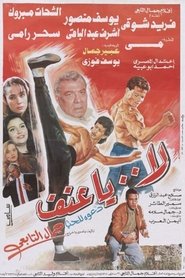 Salem joins the work of the...
Salem joins the work of the...La ya eunf 1993
(Salem) joins the work of the men of the (Balkasi) after he showed his great superiority in the sport of bodybuilding, and after saving his son from a failed kidnapping attempt, at the same time a love story between (Rajab) friend (Salem), who also works at (البلاكسي ), And between (Rania) daughter (Balkasi). Events follow where the wife of the (Balkasi) discover the fact of his marriage to another, and the complexity of things.
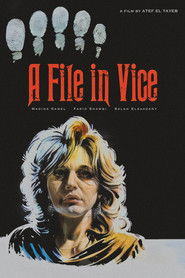 Said the officer in Vice Squad...
Said the officer in Vice Squad...A File in Vice 1986
Said the officer in Vice Squad is shocked by the decision of his boss to stop the investigation into the case of Alia Hanim because of her connections with officials and turns into a rigid person. When Said has information that some women visit a flat and practice fornication , he tries to prove the charge against them even by falsification.
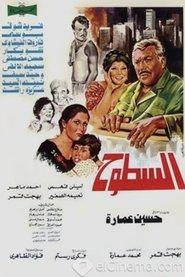 The lives of a group of...
The lives of a group of...The Rooftop 1984
The lives of a group of simple people who are living on the roof of a building in Zamalek are intertwined, among whom is Nabila, a widow living with her son whose uncle wants to seize his inheritance, and Farid, her neighbor who stands beside her to help with her problem.
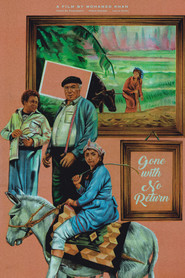 Attia Yehia alFakharani works as a...
Attia Yehia alFakharani works as a...Gone with No Return 1984
Attia (Yehia al-Fakharani) works as a simple employee, after his mother-in-law threatens to break his engagement from her daughter because of his delay in getting an apartment. He travels to his hometown to sell his inheritance. There he falls in love with Kharyia (Leila Alawi) daughter of Kamal Bey (Farid Shawki) who bought his land.
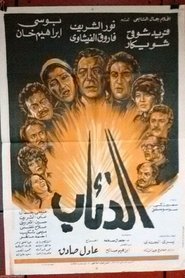 Naji Makram and Ezzat are three...
Naji Makram and Ezzat are three...Wolves 1983
Naji, Makram, and Ezzat are three friends who know Saber Abdel Sadiq. The wealthy businessman admires Naji's intelligence and hires him. Naji agrees despite his knowledge that Saber runs suspicious businesses, while journalist Makram launches a press campaign attacking Saber and accusing him of a major corruption case, in which the driver (Ezzat) testifies against him, so Saber kills him. Naji's conscience awakens and he tries to help Ezzat's sister Hind uncover the killer.
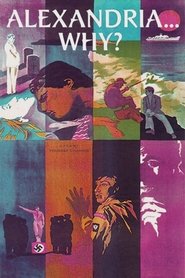 Amid the poverty death and suffering...
Amid the poverty death and suffering...Alexandria… Why? 1979
Amid the poverty, death, and suffering caused by World War II, 18-year-old Yehia retreats into a private world of fantasy and longing. Obsessed with Hollywood, he dreams of studying filmmaking in America but struggles to pursue his dream, given the constraints of his life in the middle class and the horrors of war.
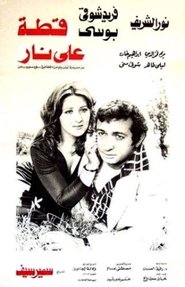 Contractor Mahmoud Abdel Majeed is afflicted...
Contractor Mahmoud Abdel Majeed is afflicted...Cat on Fire 1977
Contractor Mahmoud Abdel Majeed is afflicted with cancer, and his children hide the truth about his illness from him. This man has two sons, the eldest, Mukhtar, has a weak personality, while the younger son, Amin, does not covet his father’s money and lives in isolation with his wife, Gigi. She has many ambitions to transfer ownership of the factory to Amin, but he considers her... The reason his gay friend committed suicide.
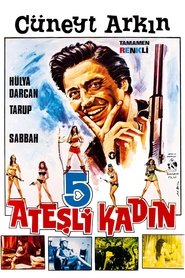 Two journalists in Beirut want to...
Two journalists in Beirut want to...Gang of Women 1969
Two journalists in Beirut want to make exciting report for their newspaper, but can't find anything. They discover a gang that all the members are women and work in counterfeiting , so they search for its leader.
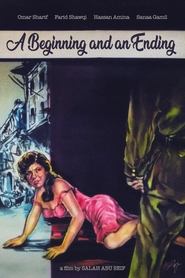 Set in the suburbs of Cairo...
Set in the suburbs of Cairo...The Beginning and the End 1960
Set in the suburbs of Cairo in the late 1930s, the story follows a middle-class Egyptian family grappling with the hardships of life after the death of their father, their sole breadwinner. The mother and her four children—three brothers and their sister, Nefisah—struggle to avoid slipping into poverty. They all go in different directions which aren't exactly good.
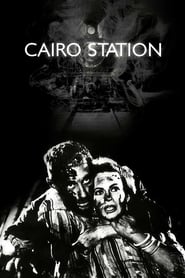 Qinawi a physically challenged peddler who...
Qinawi a physically challenged peddler who...Cairo Station 1958
Qinawi, a physically challenged peddler who makes his living selling newspapers in the central Cairo train station, is obsessed with Hanuma, an attractive young woman who sells drinks. While she jokes with him about a possible relationship, she is actually in love with Abu Siri, a strong and respected porter at the station who is struggling to unionize his fellow workers to combat their boss' exploitative and abusive treatment.
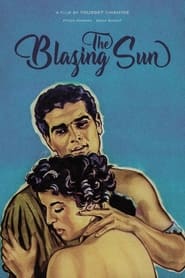 A wealthy landlord floods and destroys...
A wealthy landlord floods and destroys...The Blazing Sun 1954
A wealthy landlord floods and destroys a village on purpose to prevent the people living there from making a profit off their crops. What he doesn't know is that his own daughter, Amal, is in love with Ahmed, a young man from the village.
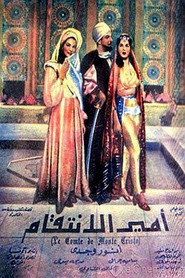 Henry Barakat directed adaptation of Dumas...
Henry Barakat directed adaptation of Dumas...Prince Of The Revenge 1950
Henry Barakat directed adaptation of Dumas' Count of Monte Cristo.
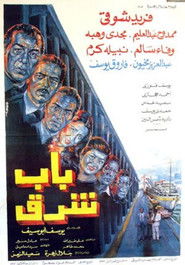 A police officer and a prosecutor...
A police officer and a prosecutor... In the 1960s the lives of...
In the 1960s the lives of...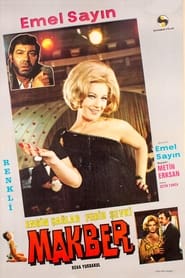
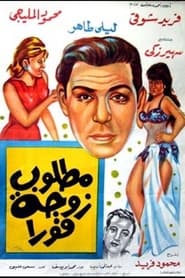 Helmi is a rich man who...
Helmi is a rich man who...